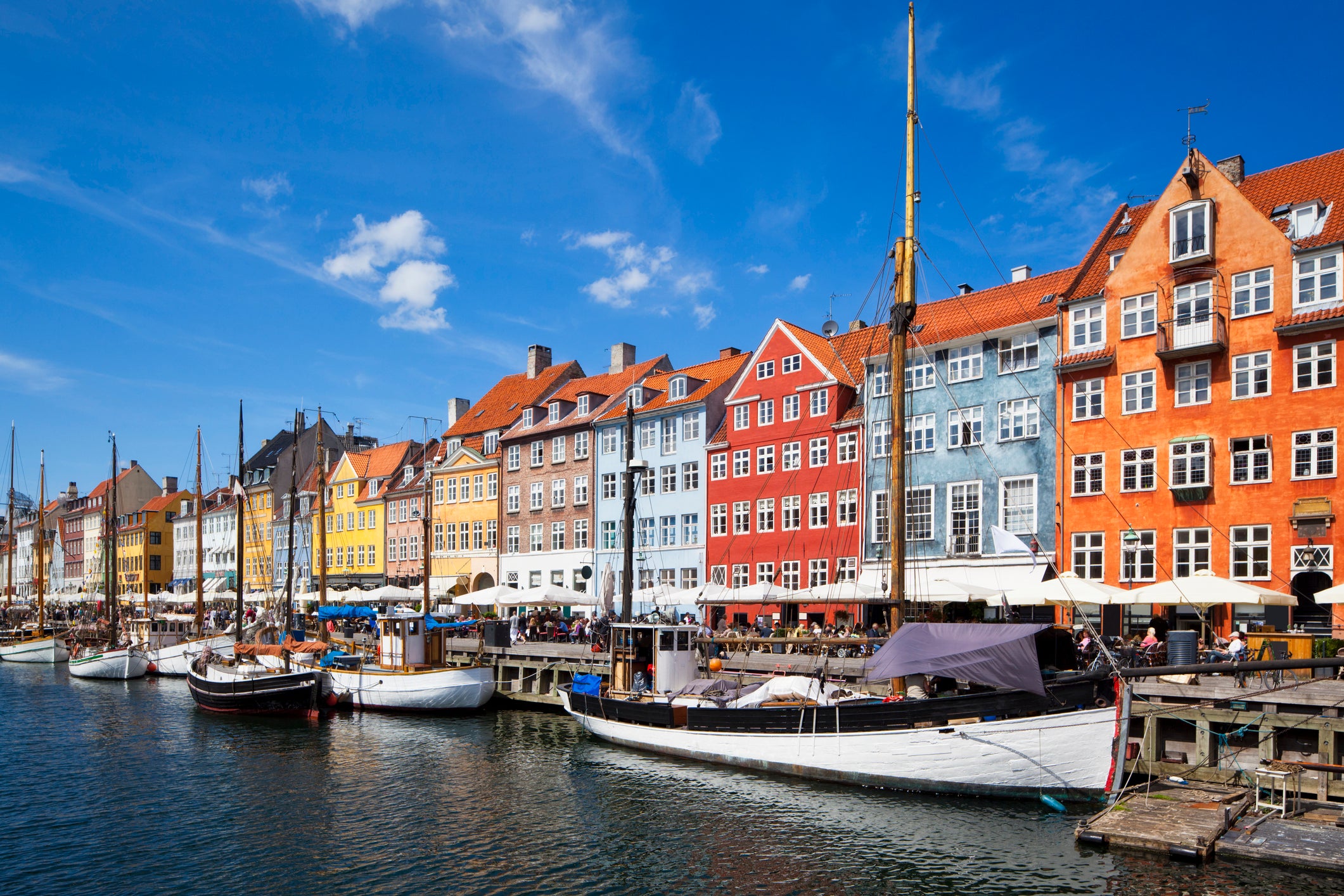Can I travel to Denmark and what are the rules?
Covid restrictions are set to lift in the Scandinavian country from 1 February

Your support helps us to tell the story
From reproductive rights to climate change to Big Tech, The Independent is on the ground when the story is developing. Whether it's investigating the financials of Elon Musk's pro-Trump PAC or producing our latest documentary, 'The A Word', which shines a light on the American women fighting for reproductive rights, we know how important it is to parse out the facts from the messaging.
At such a critical moment in US history, we need reporters on the ground. Your donation allows us to keep sending journalists to speak to both sides of the story.
The Independent is trusted by Americans across the entire political spectrum. And unlike many other quality news outlets, we choose not to lock Americans out of our reporting and analysis with paywalls. We believe quality journalism should be available to everyone, paid for by those who can afford it.
Your support makes all the difference.Denmark is the latest country to lift nearly all domestic Covid restrictions.
From 1 February, Danish authorities have announced they will no longer designate the virus as “societally critical”.
Magnus Heunicke, Denmark’s health minister, wrote to parliament on 26 January saying all restrictions would be removed except testing from abroad.
Mette Frederiksen, the Danish prime minister, cited the population’s high vacation rate as a deciding factor in the decision.
“Tonight we can begin to lower our shoulders and find our smiles again,” she said during a press conference on 26 January.
“[The vaccine] has been [our] super-weapon. It has given us a solid defence against infection that continues. That's why the government decided that coronavirus should no longer be considered a threatening disease for society.”
She added: “The pandemic is still here, but with what we know now, we can dare to believe we are through the critical phase.”
The news comes despite the Scandinavian country having one of the highest numbers of Covid-19 case rates per capita in the world.
But what does this mean for travellers to the country? Here’s everything you need to know.
Can I travel to Denmark?
Yes. Denmark opened its borders to UK travellers in June 2021. Carriers operating between the UK and Denmark include British Airways, Norwegian Air, Ryanair and Scandinavian Airlines.
What are the current entry requirements when visiting Denmark?
Visitors to Denmark are required to take a test before arrival in the country. This must be a maximum of 48 hours before entry with a rapid antigen test or 72 hours with a PCR test. You must take a test even if you are vaccinated.
If you have previously contracted Covid, however, you are not required to take a test according to guidance on the Foreign Office (FCDO) website. This applies to those with positive tests dated at least two weeks and no more than 180 days prior.
What are the current rules in Denmark?
From 1 February, all existing rules in relation to Covid-19 have been lifted, including requirements to wear face masks or socially distance. Passengers are required to wear masks on flights and transport when in transit to the country, however. Upon arrival, there is no requirement to wear a face covering.
Restaurants, bars and attractions are all open as normal.
What is the current Covid situation in Denmark?
To date, 80 per cent of the population in Denmark have received two doses of the vaccine, while 60 per cent have received a third dose.
Covid infection rates in Denmark have spiked in recent weeks, with 52,831 new infections reported on average each day, equating to 99 per cent of the peak.
While the number of people in hospital as a consequence of coronavirus is rising, the number of people in intensive care has fallen.
To date, there have been 1,713,485 infections and 3,738 coronavirus-related deaths reported in the country since the pandemic began.
Join our commenting forum
Join thought-provoking conversations, follow other Independent readers and see their replies
Comments